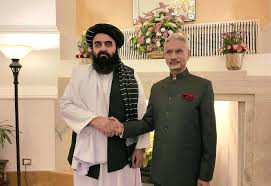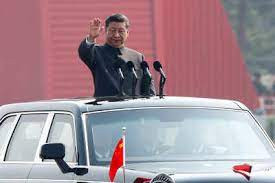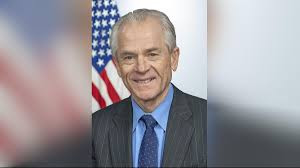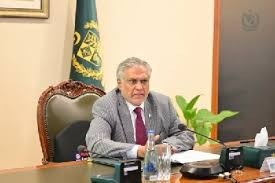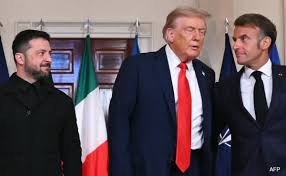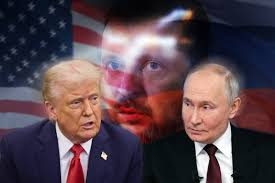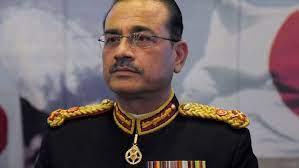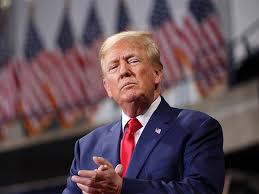Russia Mockingly Rejects Trump’s Tariff Ultimatums, Calling U.S. Agenda “Neocolonial” Amid Global Shift
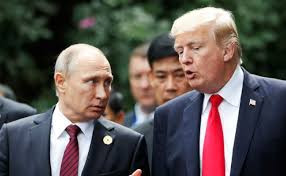
IIE DIGITAL DESK : Russia unequivocally dismissed former U.S. President Donald Trump’s threat to impose sweeping tariffs on Russia and its trading partners if a ceasefire in Ukraine isn’t achieved within 50 days. Kremlin officials described the threats as theatrical and out of step with a world increasingly resistant to unipolar dominance.
Russian Foreign Ministry spokesperson Maria Zakharova rebuked the American stance as ideologically driven protectionism. She argued that the U.S. “can’t accept the erosion of its global dominance” and accused it of promoting a neocolonial agenda masked by economic coercion. Zakharova reaffirmed Russia’s alignment with the BRICS coalition and Global South partners, who she said represent a shifting balance of economic power.
Russian officials—including former President Dmitry Medvedev and Foreign Minister Sergey Lavrov—repeatedly scoffed at the idea that secondary sanctions targeting India, China, Brazil or South Africa could exert meaningful pressure. They emphasized that previous Western sanctions had failed to destabilize Russia, and claimed markets remained resilient despite mounting U.S. rhetoric. Medvedev dismissed Trump's ultimatum as purely symbolic, likening it to a Cold-War styled performance.
Analysts support this reading: Russia’s domestic markets have remained stable even as Western threats escalate. Multiple officials conveyed confidence that the BRICS nations’ expanding influence—now representing nearly half the global population and 40% of global purchasing power—provides collective leverage against unilateral U.S. pressure.
The tariff threats arise as Trump announces plans for 25% duties on Indian goods from August 1, combined with secondary sanctions for continued trade in Russian energy and arms. India and others pushed back, branding the action “unjustified and unreasonable” and noting that Western nations themselves had sustained trade with Russia.
Russia’s messaging telegraphed an alternative narrative: that multipolar alliances, technology decoupling, and reduced dependency on the U.S. dollar are reshaping global norms. At the recent BRICS summit in Brazil, leaders reaffirmed support for alternative international payment systems and criticized unilateral tariffs as outdated tools of imperial posture.
Russia portrayed Trump’s threats as outward signs of weakness. Rather than triggering retreat, threats served to highlight Russia’s confidence in its alliances and long‑standing strategy of resilience. Statements from Moscow described the warnings as unlikely to alter trade relationships, or alter policy in energy-heavy economies increasingly aligned with Russia.
Russia’s dismissive response to Trump’s tariff ultimatum underscores growing confidence in BRICS unity and a global shift away from Western-led economic coercion. By positioning tariffs as symbols of American insecurity in a changing world order, Russia seeks to reframe the narrative—from confrontation to ideological irrelevance. As India and other emerging economies dig in defense of sovereignty over economic interests, Russia’s messaging signals a new era in geopolitical trade debates—one defined not by sanctions, but by collective economic realignment.
You might also like!


